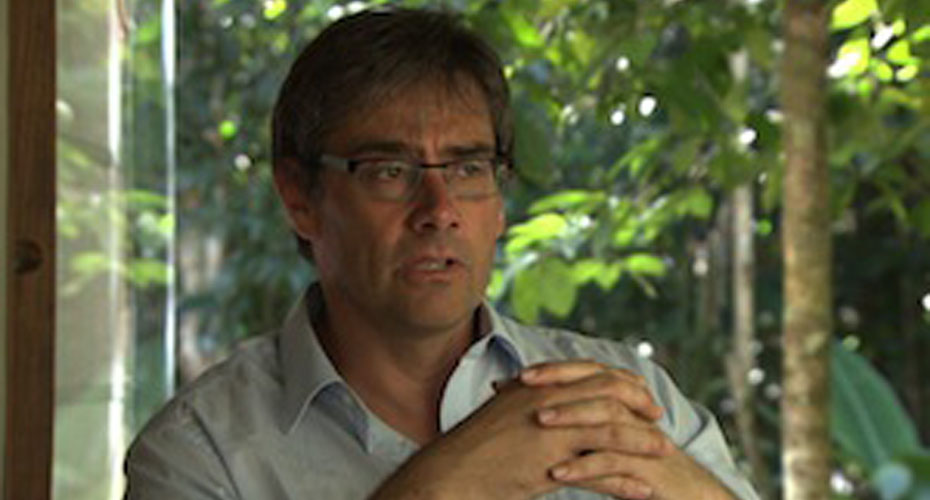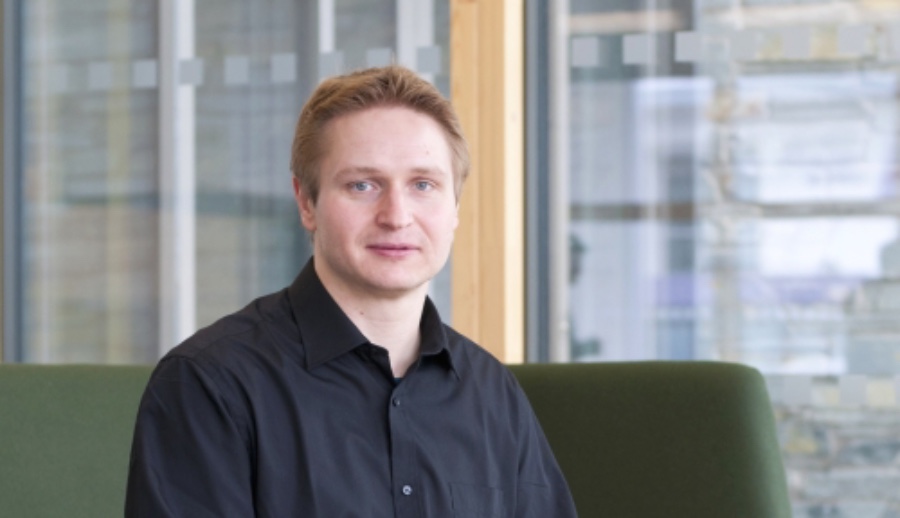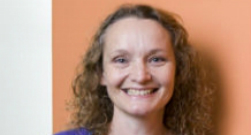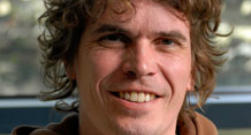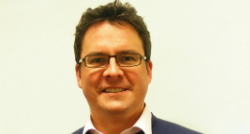For any queries, get in touch at challengesonline@exeter.ac.uk
The Climate and Environment Emergency
Climate and Environment Emergency
Grand Challenges has now finished for this year. We will release information on Grand Challenges 2023 in the next academic year on our Grand Challenges website. In the meantime, follow us on @gc_exeter to check out the events of GC2022 and find out information as it is released!
This exciting and thought-provoking challenge explored technological, ecological, political and societal challenges associated with the global Climate and Environment Emergency. Students considered a range of urgent topics, such as actions to combat climate or environmental change; the interplay between climate change and human health and plan appropriate adaptation; find ways to help people understand the crisis and change their behaviours. Working with people from different disciplinary backgrounds, students carried out creative and scientific projects to address key themes of climate and environmental change.
Our response to the climate emergency
The University of Exeter has published a detailed plan to get to carbon neutrality in response to the climate emergency. This includes targets to reduce our direct emissions from electricity and gas usage to zero by 2040, and indirect greenhouse gas emissions from procurement, travel, food etc. to zero by 2050. How could we achieve that? Could we get to carbon neutrality even sooner?
Lessons from COVID19
During this COVID-19 pandemic, people have adapted their lives to lockdown conditions. A reduction in transport use, electricity demand and industrial activity mean we are on course for the largest annual fall in carbon emissions. The need for better planning for health service provision dominates the news bulletins. While we find our ‘new normal’, what lessons can be learned, and how can we keep all types of greenhouse emissions lower long term?
Future Climate, Future Environment
How do we change climate change? How do we engage people with forecasts of environmental change? And what does the future look like? We encouraged students to share their ideas for the future of education, economics, politics, entertainment or biodiversity. Students had the opportunity to imagine and design how the world could look in the future, and explore, as creatively as possible, what these changes could mean to our everyday life and our environment in future decades.
Enquiry Groups
Enquiry groups are the subtopic of the challenge that students will focus on for Challenges Online Week. These are the enquiry groups that ran on the Climate and Environment Emergency Challenge in June 2021:
Our ever increasing appetite for stuff is arguably largely to blame for our overall energy consumption and the impact on the environment from mining and manufacturing the materials. Going forward though, can all this be managed in a very different way to ensure we all continue to benefit from modern technology but without the impact on the environment. Can mining activities be powered by clean energy? Can products be designed to be easily recycled or reused in different ways? Can the energy these devices use be cut dramatically? Can technology be used to highlight the energy or environmental impact of our daily lives? This enquiry group will explore these questions, creating outputs in an attempt to solve them.
The way in which we use land has a massive impact both on the environment itself, and also on carbon emissions. What will future landscapes look like if we aim to reduce the impact on the environment, and reduce carbon emissions to net zero – whilst also producing safe and nutritious food to feed a growing population? In this group you will consider future scenarios of land use and what the trade-offs might be in choosing to use land differently. You can choose whether your exploration has a regional focus in Cornwall, or a global focus.
The University of Exeter has published a detailed plan to get to carbon neutrality in response to the climate emergency. This includes targets to reduce our direct emissions from electricity and gas usage to zero by 2040, and indirect emissions from procurement, travel, food etc. to zero by 2050. This enquiry group will investigate questions such as, how could we achieve that? Could we get to carbon neutrality even sooner?
Anthropogenic climate change is the storyline of our time and yet there are many myths around climate change that remain unchallenged. Where did these myths originate and where might they be going? Can you identify the truth and communicate it clearly and engagingly?
The idea of climate change relies on the power of stories. When we are afraid for the future it is because of plots with apocalyptic climaxes. When we imagine, and tell, hopeful stories we remake the future. The aim of this challenge is to share the real science facts with the world and get them to as many people as possible: What is actually happening and what can we really do about it? You will get a chance to chat to scientists who work on climate modelling and climate change solutions, and come up with ideas to get the messages out to the widest audience possible, and put your idea into action! This enquiry group will explore the storying of anthropogenic climate change, including the historical, scientific, journalistic and fictional stories we tell about it, and it will offer a chance to explore how storytelling – in any form - can offer a powerful way for us to take back control of our future.
Hear from the Academics



.jpg)
